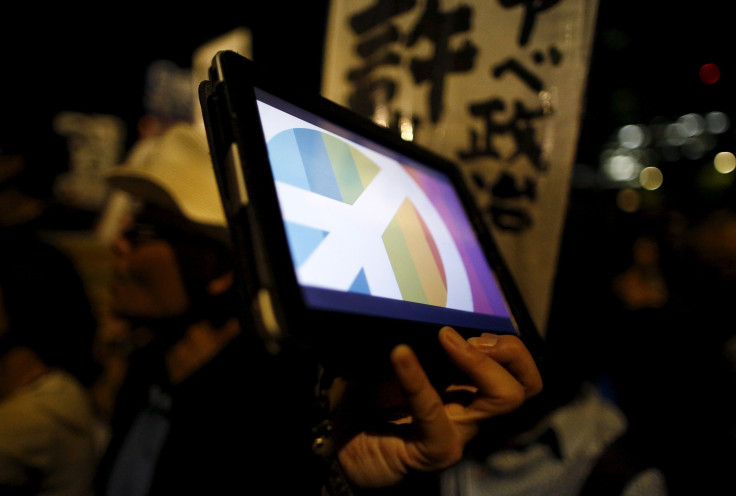Political News Click-Bait: This 7-Minute Video Will Open Your Eyes

Click-bait is the bane of the Internet. Urban Dictionary defines it as, "an eye-catching link on a website which encourages people to click on it. It is often paid for by the advertiser or generates income based on the number of clicks."
Social media users know that click-bait includes stories that have an provocative headline, but often don't live up to their promise.
Now, a YouTube video by Jordan Liles argues that "political click-bait" -- the hyperbolic news that springs up from liberal and conservative diehards -- is responsible for political polarization in the U.S. The argument goes that as liberal and conservatives click on and/or "like" these fake news stories, more similar fare is directed toward them. The stories frequently aren’t true, but often serve to reinforce the readers' beliefs.
Of course, resources exist for checking the veracity of stories one reads on the Internet. For example, Snopes.com attempts to debunk Internet myths while Factcheck.org and PoltiFact check politicians' statements.
The idea that the media -- and especially social media -- increases political polarization has been much debated. Researchers note that polarization is occurring, but the causes and effects are up for debate. The Pew Research Center found that Republicans and Democrats are moving farther apart in their views -- so much so that members of each party often see their counterparts as a threat to the country. And liberal and conservatives even view media sources differently.
"How Social Media Reduces Mass Political Polarization", my new paper. Comments welcome! http://t.co/SEFovMY3pt pic.twitter.com/n6tRUuyXzo
— Pablo Barberá (@p_barbera) October 20, 2014But last year, New York University researcher Pablo Barberá found that social media isn't the cause of political polarization. Barberá's study suggested that people on social media are often connected to people they wouldn't otherwise encounter -- therefore they come in contact with a wider variety of viewpoints. So social media users are getting more news and commentary, not less, he argues.
As the Nieman Lab pointed out, the jury is still out on the link between social media use and political polarization. However, maybe another shred of common wisdom can come in handy for questionable news: Always get a second opinion.
© Copyright IBTimes 2024. All rights reserved.






















